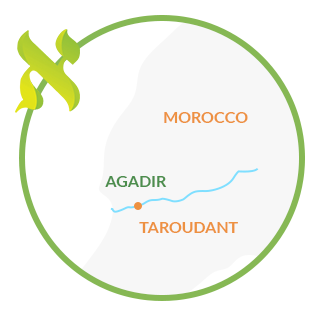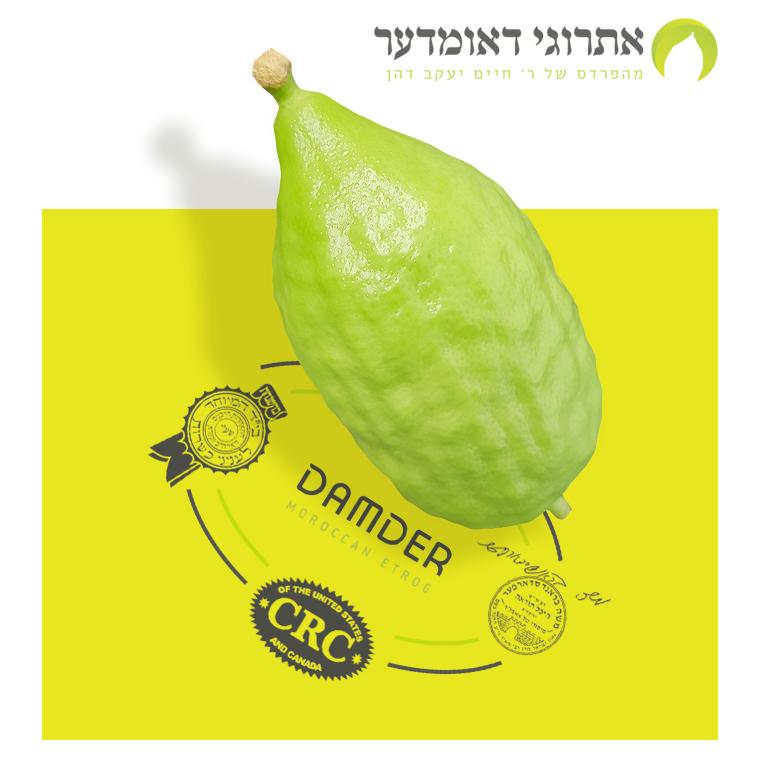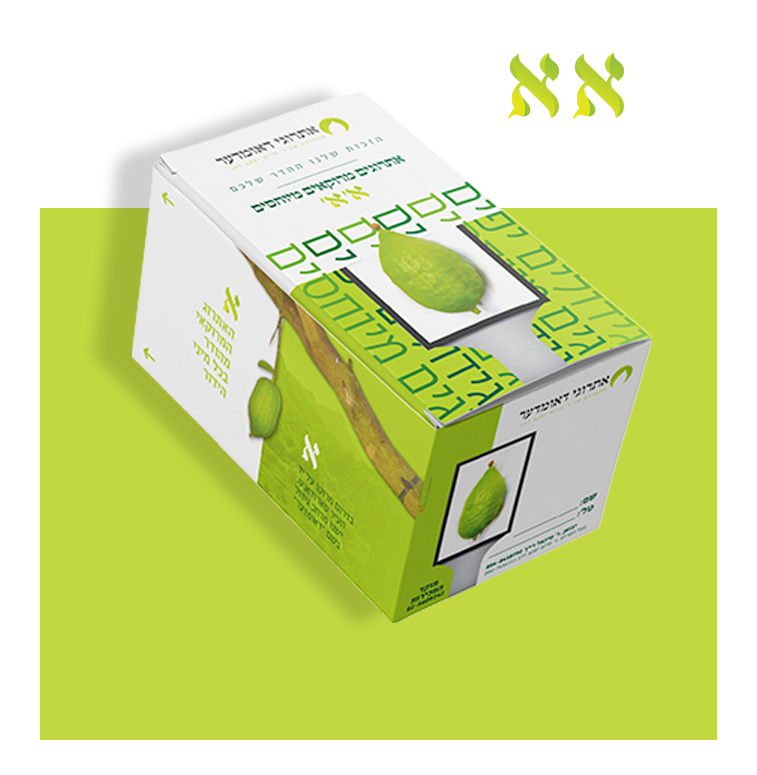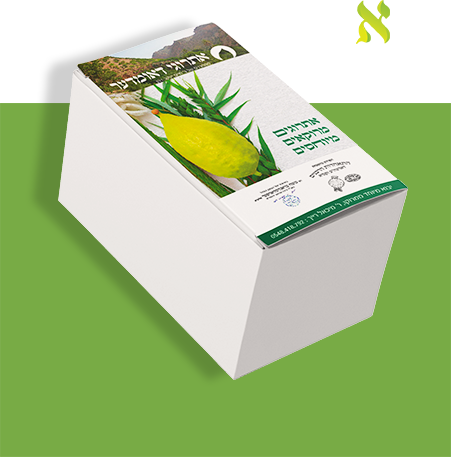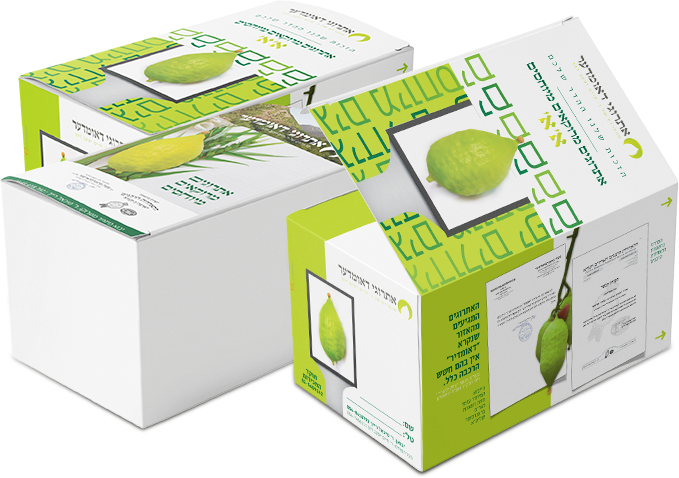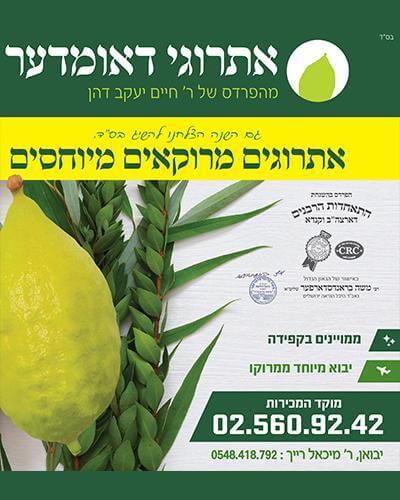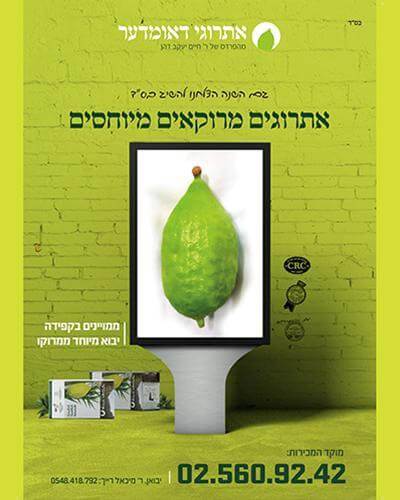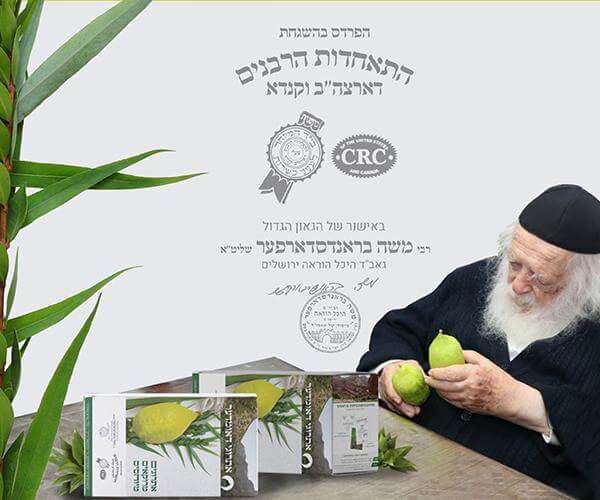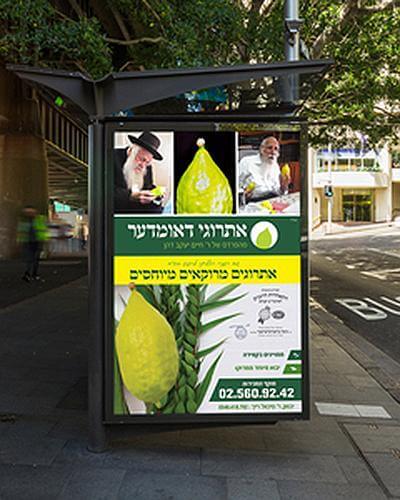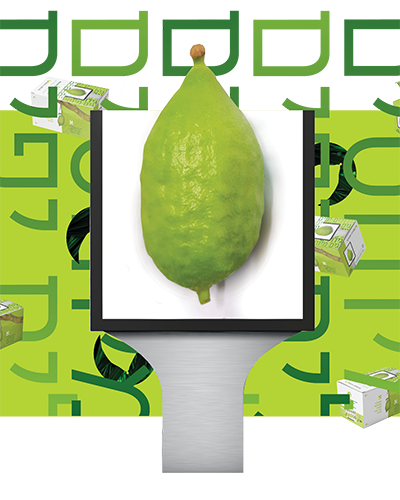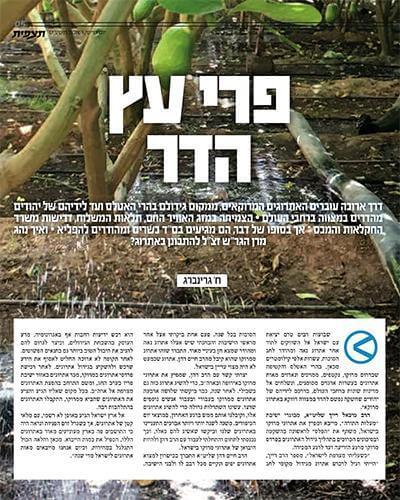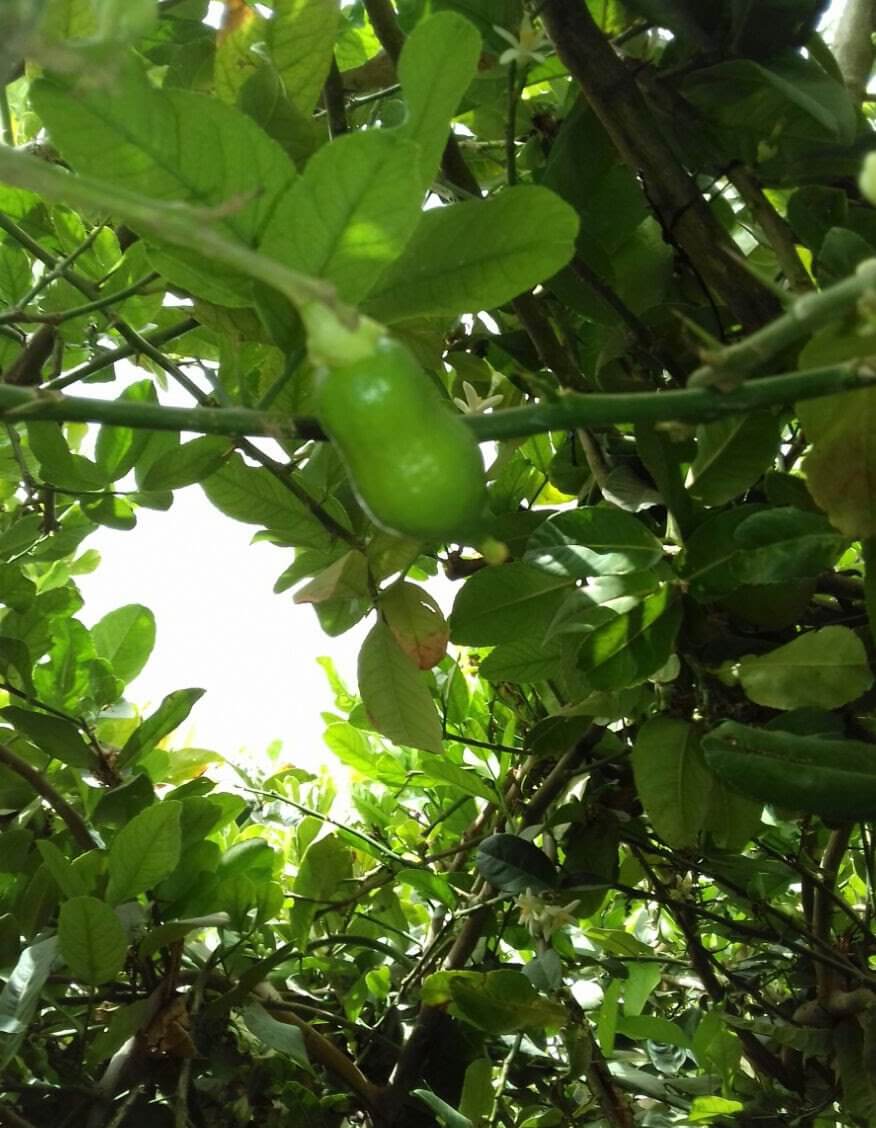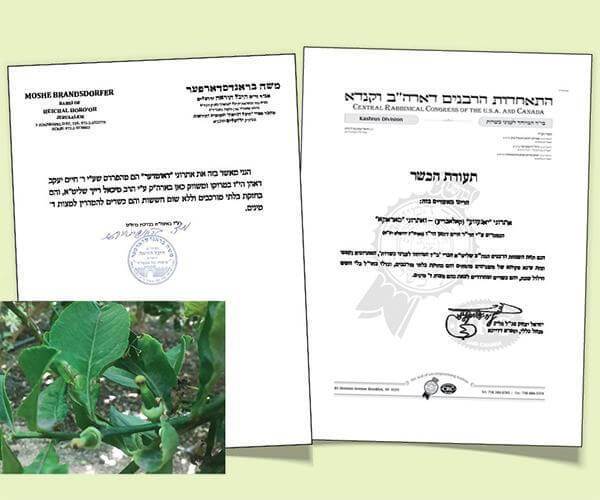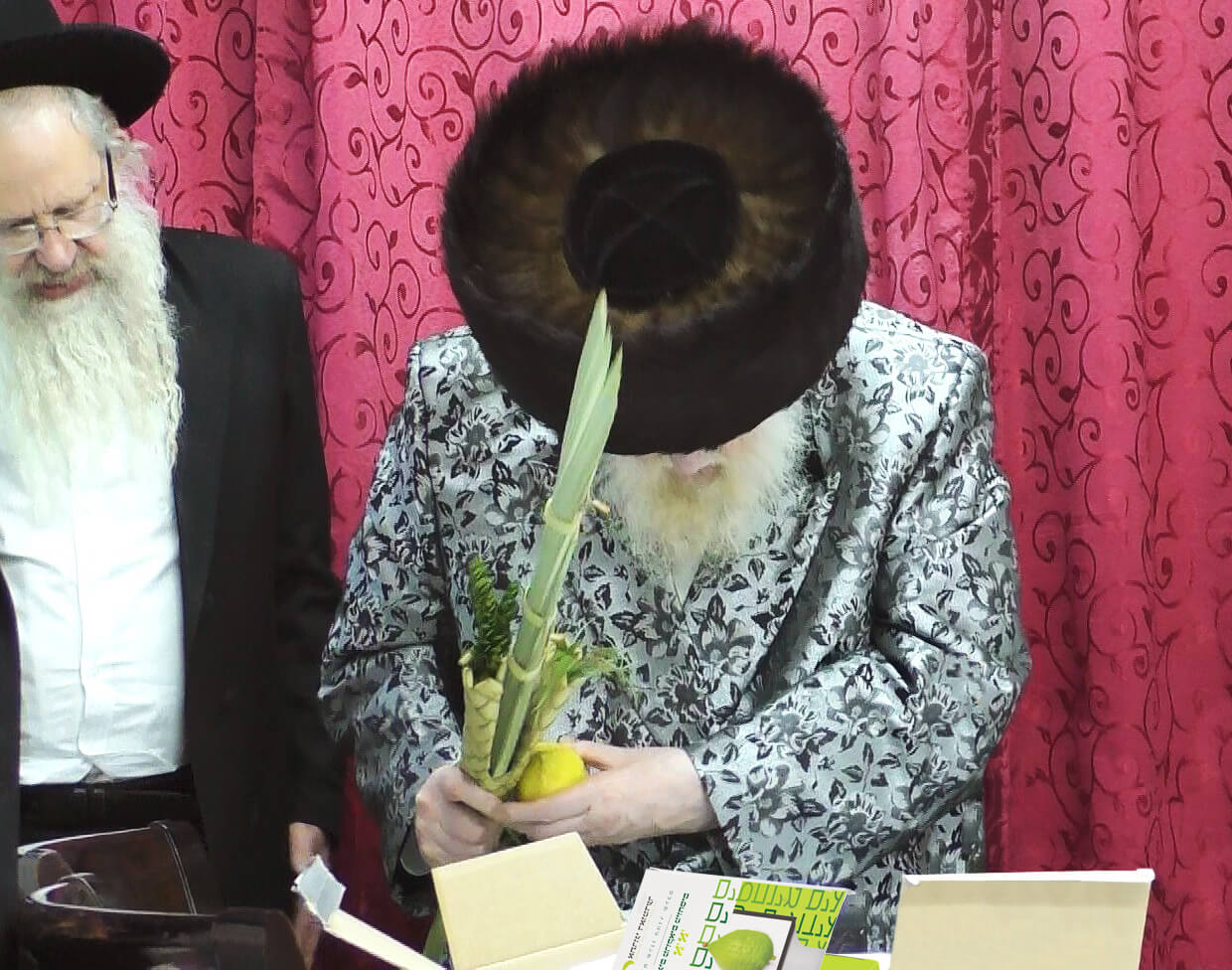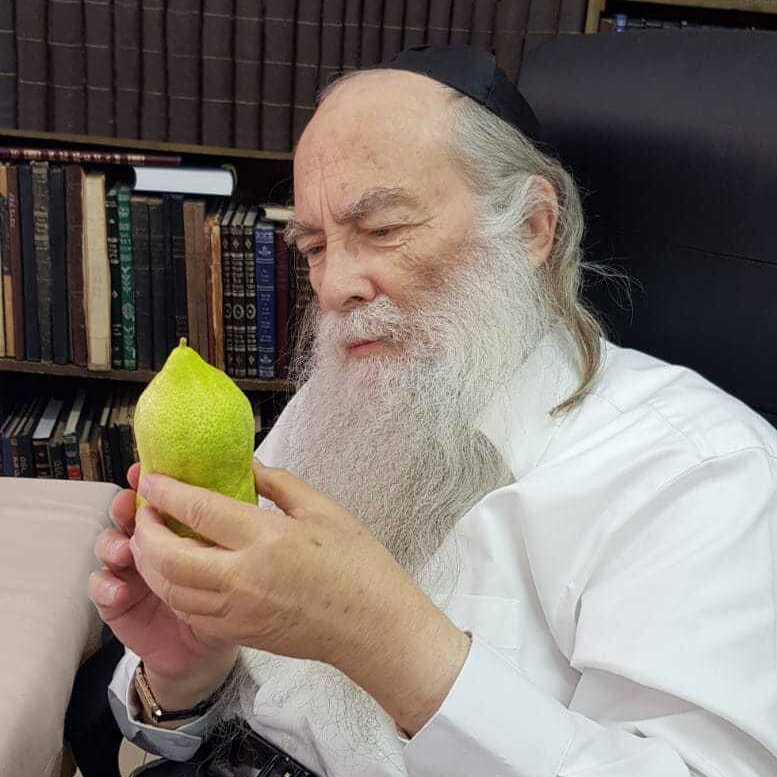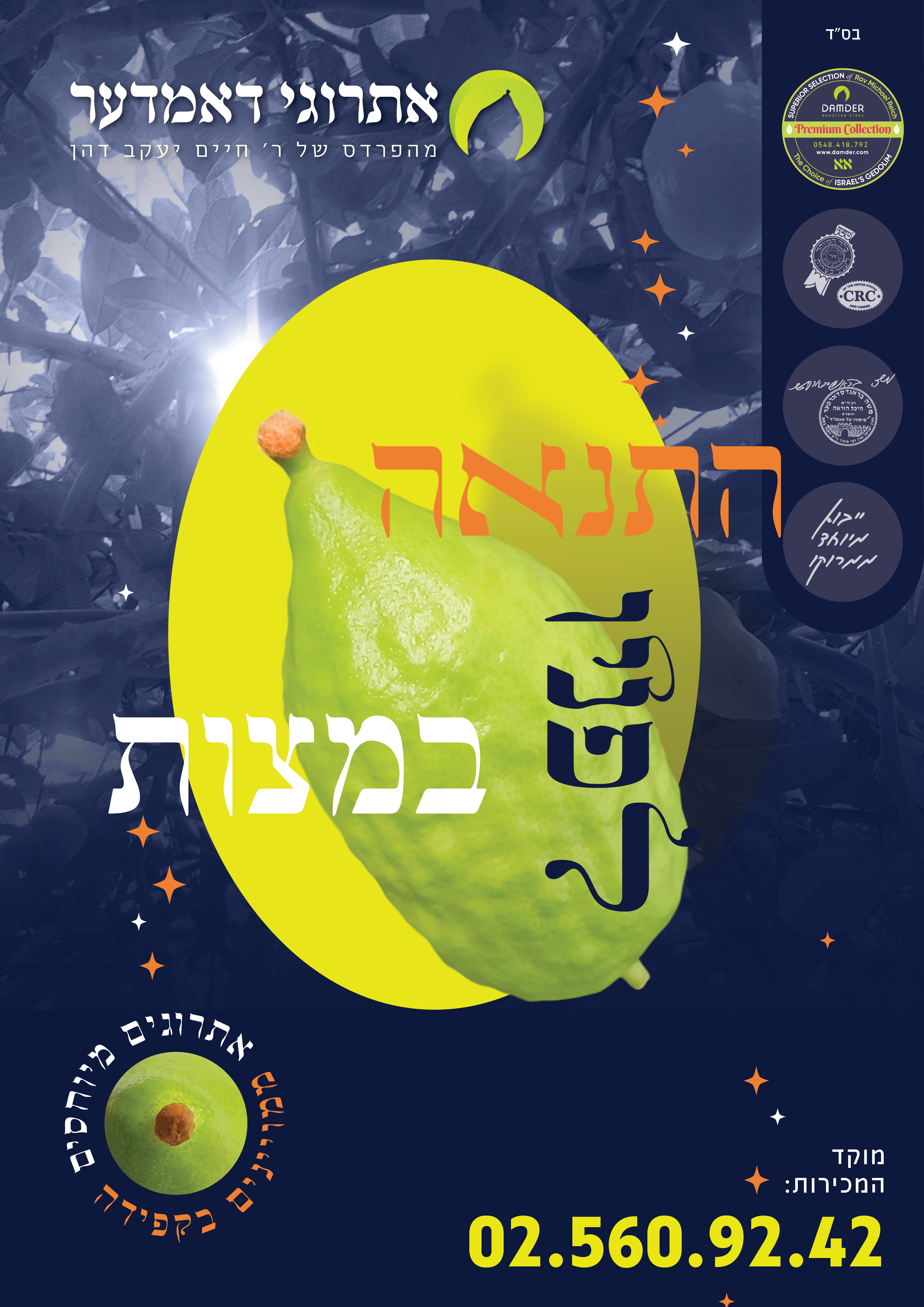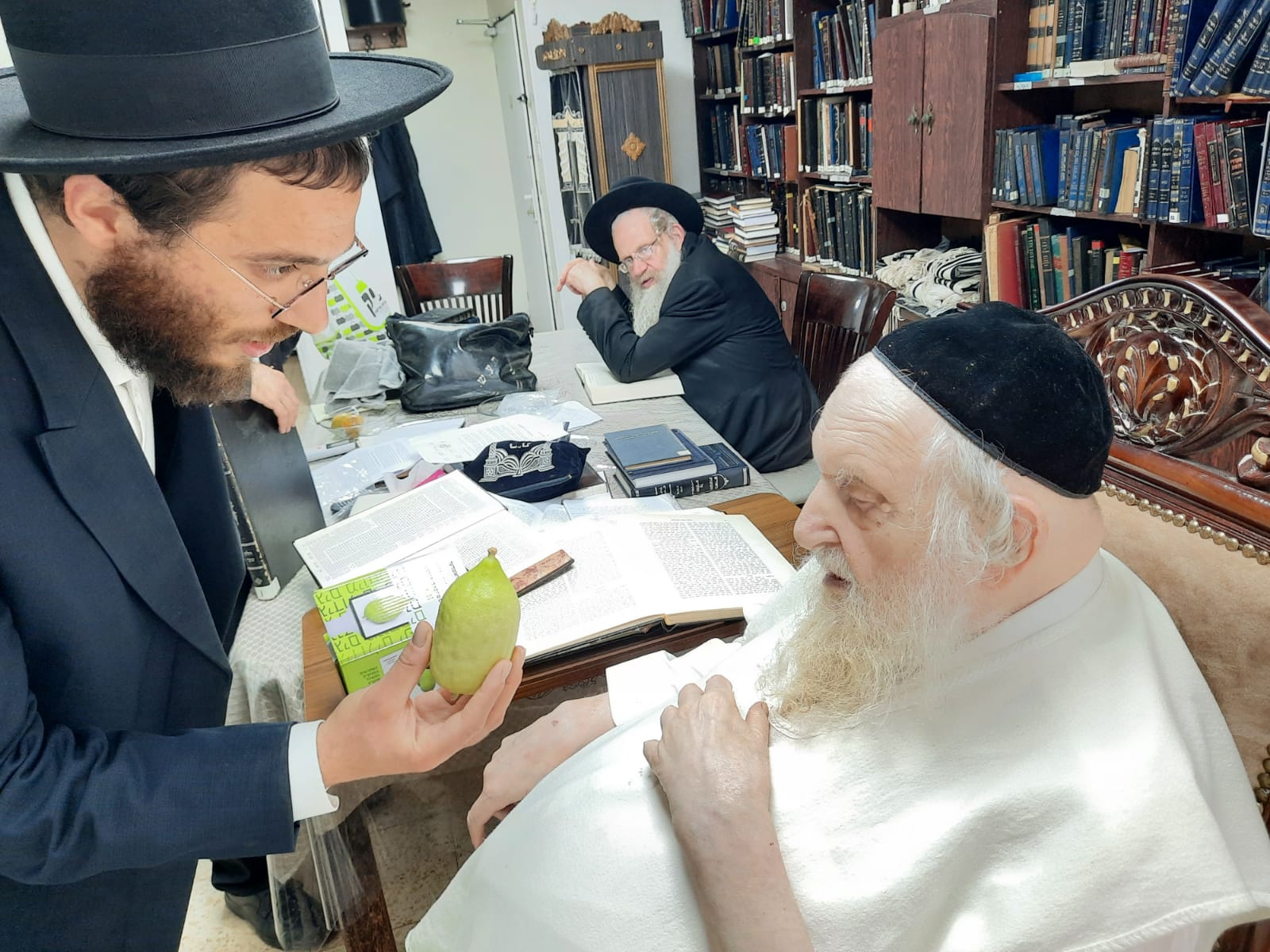Always Beautiful
in Lineage & Cleanliness a Variety of
Lofty & Distinctive Origin

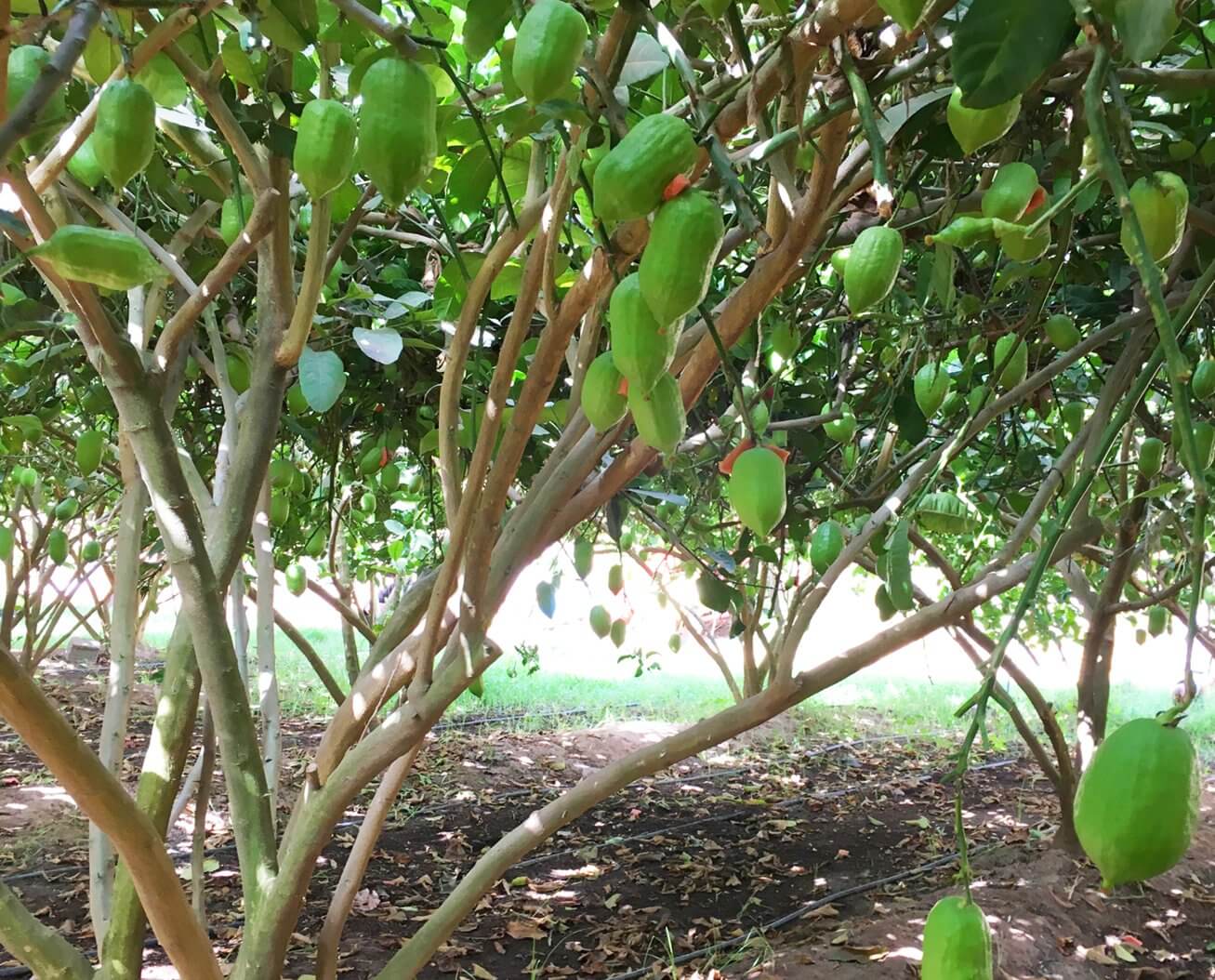
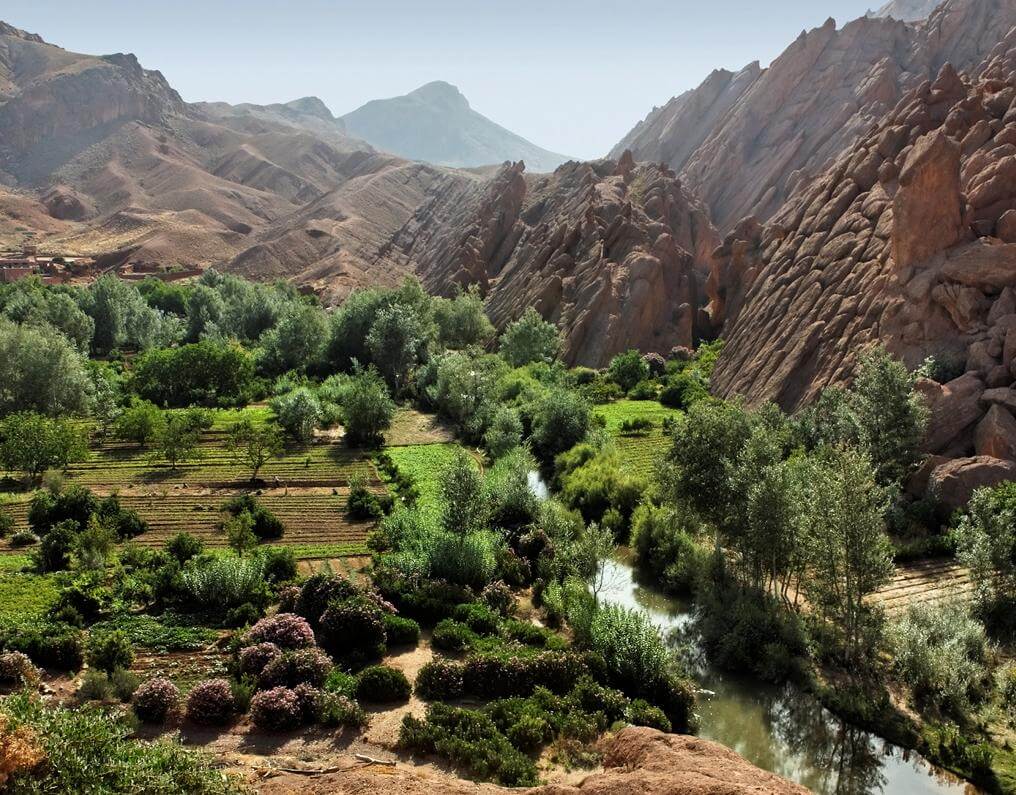
Amid the distant Atlas Mountains, about 100 kilometers east of Agadir in southern Morocco, near the Taroudant Province, lie lush and fertile acres of land - Damder.
For many generations this semi-desert area, skirting the towering mountains, has been the elected area of growth for esrogim. The crystal clear waters of the fountain gurgling upstream pours into the furrows which irrigate the esrogim. Locals have said that for many generations the esrogim of the area were grown for the Jewish settlers of the area. No other citrus fruits are cultivated in the entire area, only esrogim. Moroccan esrogim are known for their outstanding and singular charm, their pleasing and symmetrical shape, beautiful colour and the sturdy pitam – its crowning glory. As the Aruch La'Ner testified, “The Moroccan Esrog is mehudar with every hidur.” - A delegation of rabbis was sent by Rav Elyashiv to check if the esrogim of Morocco is still in the same state of kashrus they climbed up the Anti-Atlas canyon where the local Berbers have been cultivating the Moroccan citron for many centuries.
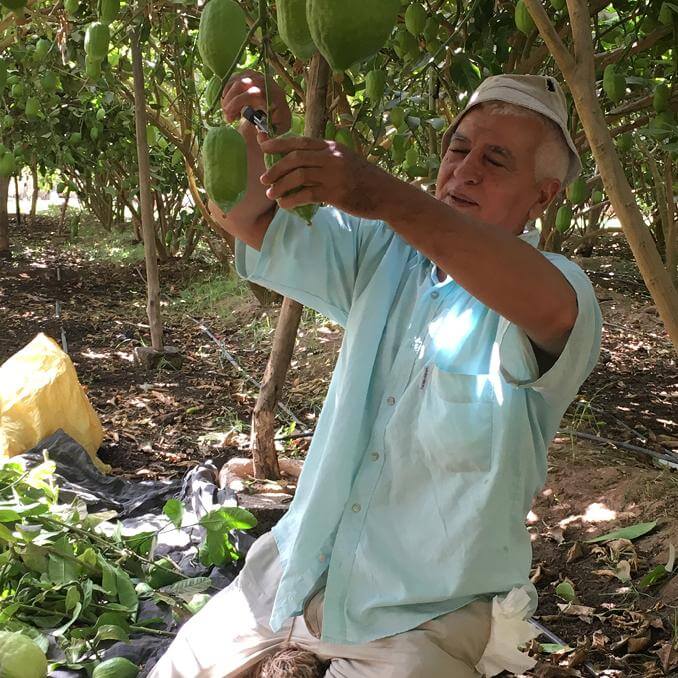
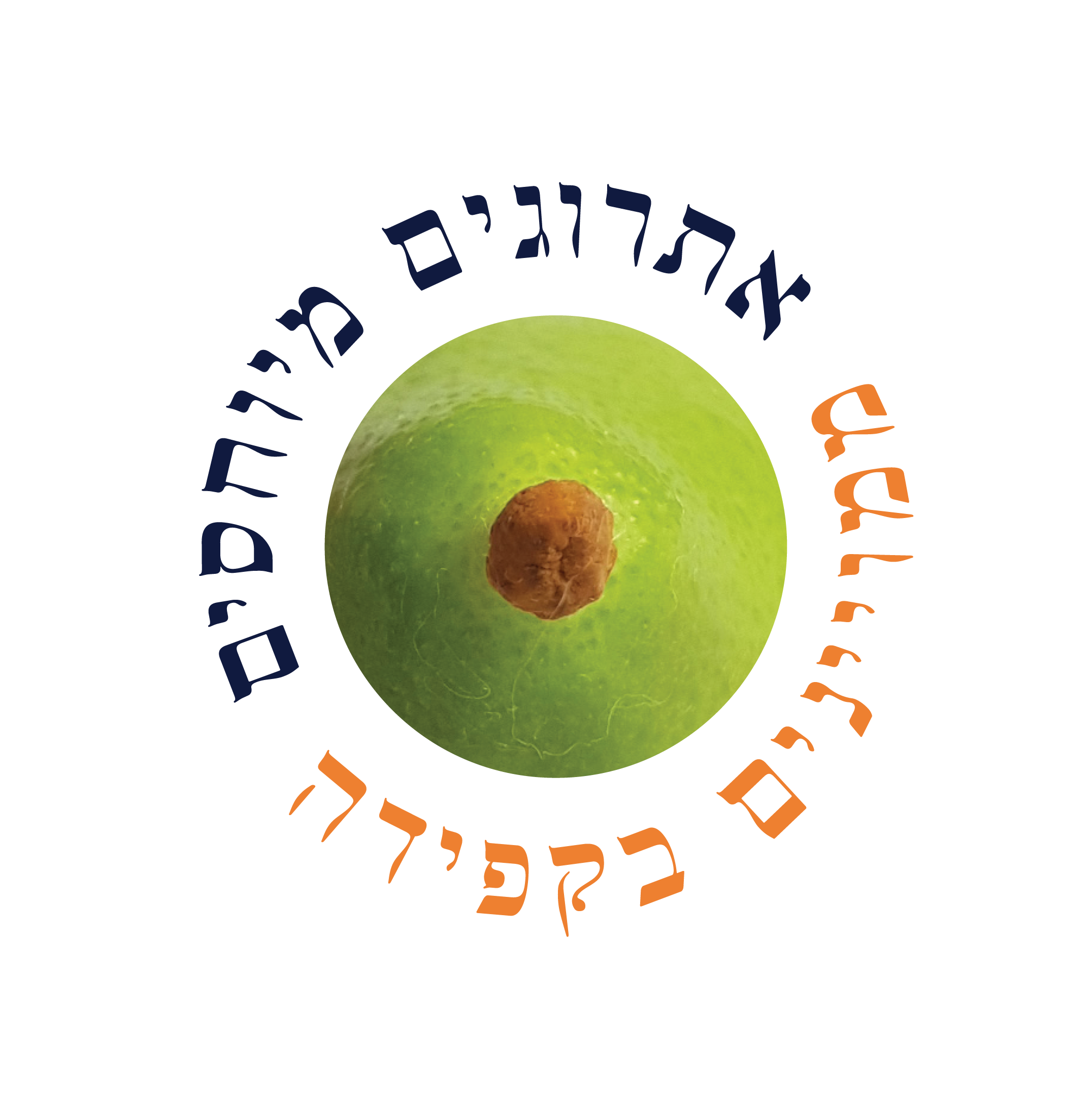
the Damder
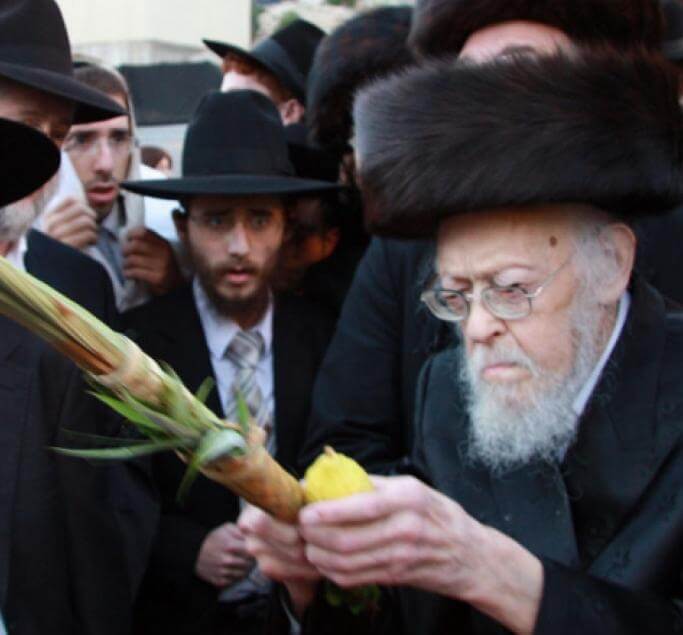
One of the group's members, Eliezer Goldschmidt, Professor of Agriculture, commented, 'During our tour we checked as many trees in different plots as we could. In no case did we find signs of grafting.

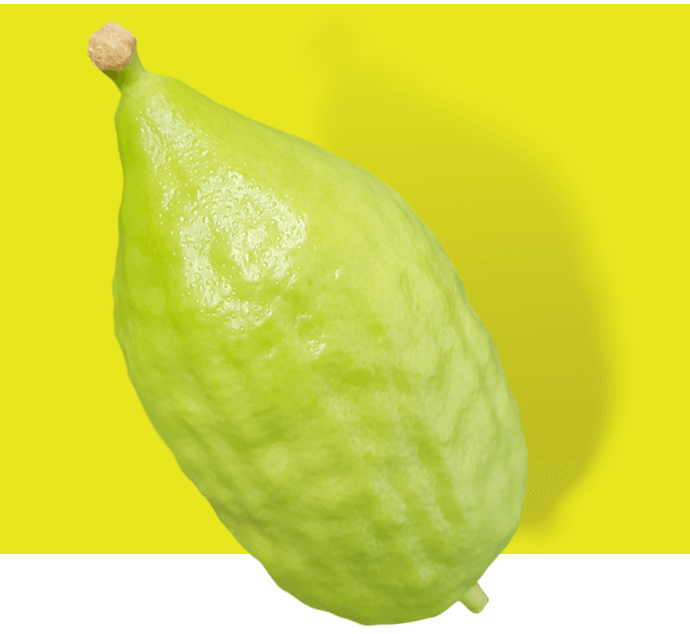
For ages, this semidesert, skirting the mountains, in a region elsewhere bare of citrus trees, has been the source of the country's etrogs. Many Gedolei Yisroel of previous generations used this Esrog for Arba Minim. The son of Rav Shlomo Kluger ztz"l attested that his father would bless over the Moroccan Esrog. The Baba Sali zy''a was very meticulous throughout his life, even when he lived in Eretz Yisroel, to bless only over the Moroccan esrogim, and a great deal of effort went into obtaining them. The Ga'avad of Yerushalayim, Rav Yitzchak Yacov Weiss ztz"l mentions in his sefer Minchas Yitzchok that esrogim from the 'Damder' region are free from any grafting. It is well-known that the Brisker Rav ztz"l was extremely careful to obtain specifically the Moroccan esrog.
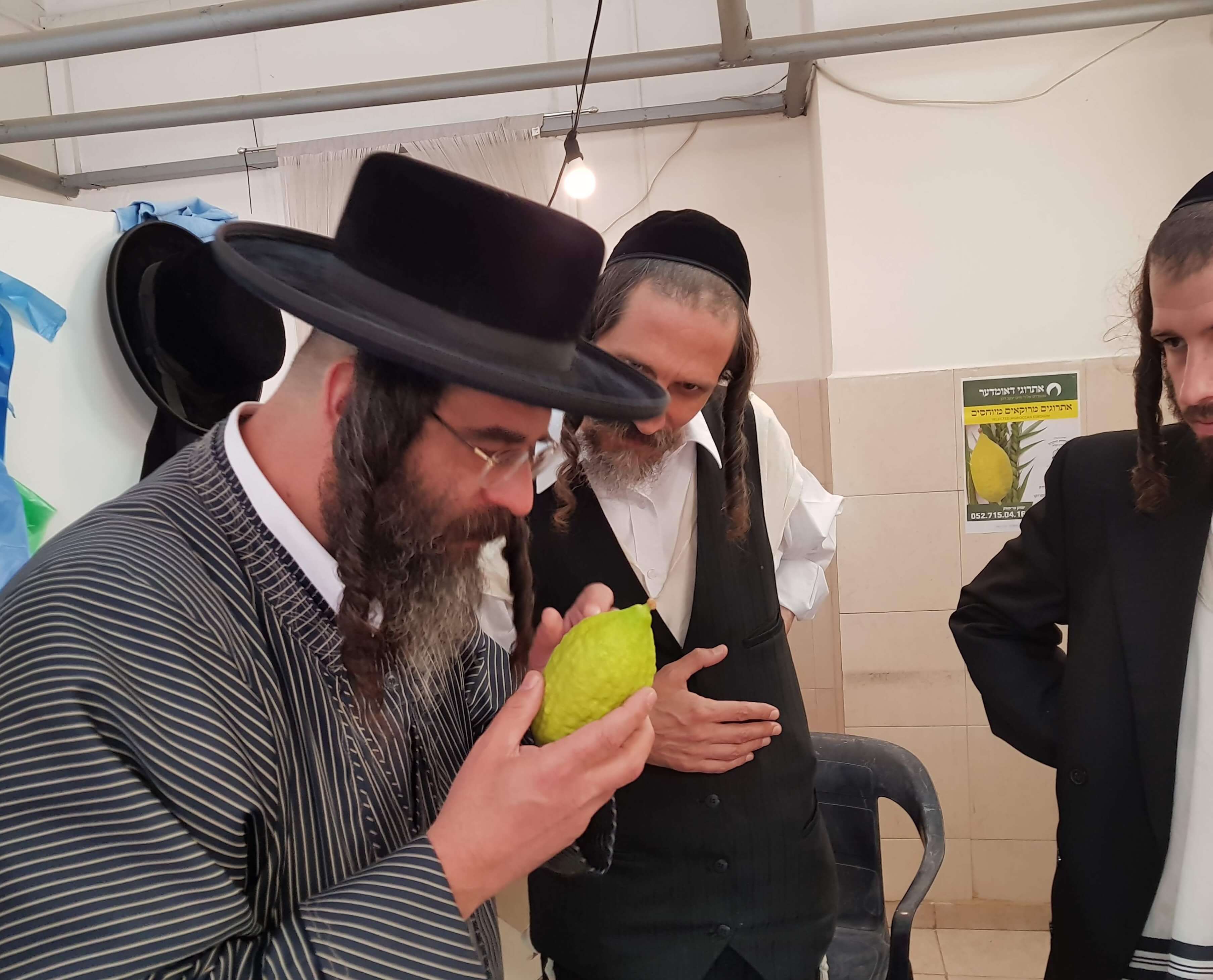

For ages, this semidesert, skirting the mountains, in a region elsewhere bare of citrus trees, has been the source of the country's etrogs. Many Gedolei Yisroel of previous generations used this Esrog for Arba Minim. The son of Rav Shlomo Kluger ztz"l attested that his father would bless over the Moroccan Esrog. The Baba Sali zy''a was very meticulous throughout his life, even when he lived in Eretz Yisroel, to bless only over the Moroccan esrogim, and a great deal of effort went into obtaining them. The Ga'avad of Yerushalayim, Rav Yitzchak Yacov Weiss ztz"l mentions in his sefer Minchas Yitzchok that esrogim from the 'Damder' region are free from any grafting. It is well-known that the Brisker Rav ztz"l was extremely careful to obtain specifically the Moroccan esrog.
The Esrogim originate from the Damder region with absolutely no grafting.
In 1995, Eliezer Goldschmidt, professor of agriculture, together with a delegation of rabbis was sent by Rav Elyashiv to check if the esrogim of Morocco is still in the same state of kashrus,and if any grafted esrogim are to be found in the area.Together they climbed up the Anti-Atlas canyon where the local Berbers have been cultivating the Moroccan citron for many centuries.They examined as many trees as possible in various plots, and were impressed by the old tradition whichis practiced there,finding not one grafted citron tree. The local farmers and owners of the plots had no prior knowledge of their arrival and no forewarning in order to hide any grafted trees, if there were any.
The delegation presented their findings to Rav Elyashiv who was pleased tohear that the Moroccan wilderness still presents the unbroken lineage of the non-grafted esrog. And as Rav Efrati – trusted confidant of Rav Elyashiv ztz'l - writes in his sefer Yisa Yosef: '...therefore Maran agreed to send out a delegation who affirmed that the esrogim grown on the heights of the Atlas Mountains have no need of grafting and he sees no deficiency in the Moroccan Esrog in comparison with other esrogim assumed to have been non-grafted and he even used this typeof Esrog on Sukkot The Rosh Yeshiva, Rav Shmuel Auerbach ztz'l also used the Moroccan esrog, as well as many other renowned Gedolei Yisroel.
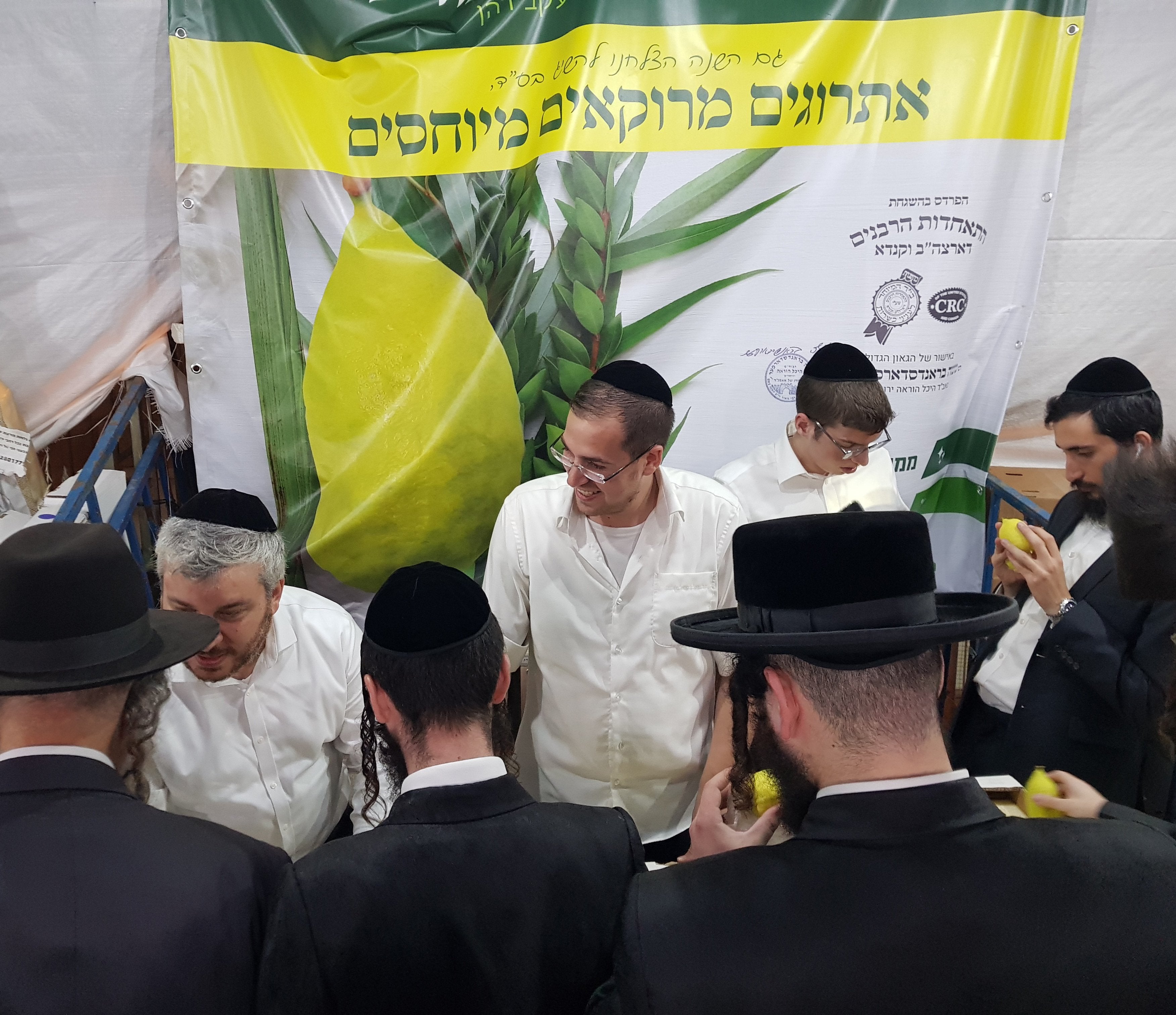
South Morocco near the Taroudant Province lies a fertile spot - Damder
Enter the Chatzer of Damder
